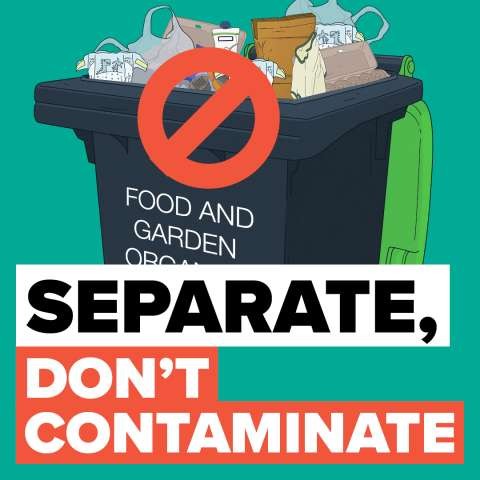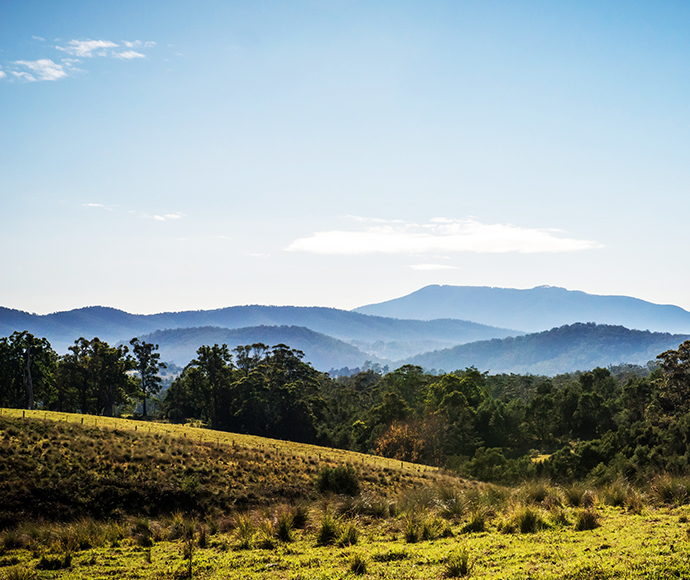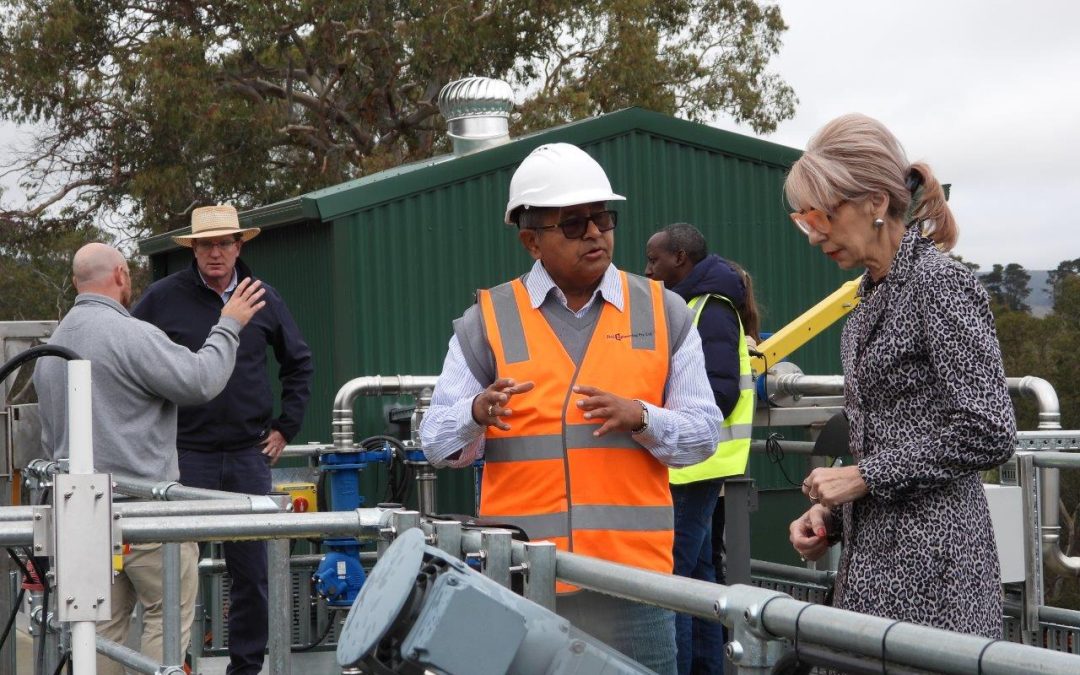Greater Shepparton City Council would like to thank residents for their efforts in helping reduce our region’s waste contamination over the past six months.

In summary:
- Council thanks residents for reducing waste contamination, especially Tatura with very low levels.
- Food Organics Garden Organics (FOGO) bin contamination is a concern, leading to landfill issues.
- Residents urged to be mindful of what goes in FOGO bins (food scraps, garden waste) and avoid putting in non-compostable items (nappies, clothes, plastics).
- Contaminated FOGO bins create methane in landfills and require expensive maintenance.
- Council offers educational programs and upcoming BBQs to help residents understand waste sorting.
Whilst Tatura is showing fantastic results with low contamination rates, Council is reminding all residents to think about where they are putting their waste, with everyone having an important role to play in helping reduce the amount of waste being sent to landfill.
Changes to Council’s kerbside collection services were introduced last year to address the Victorian Government’s Recycling Victoria Policy, which aims to divert 80 per cent of waste from landfill by 2030. The policy outlines how consistent separation of household waste and recycling would increase the quality of recycled material for reuse and reduce the amount of recyclable products sent to landfill.
Since the changes were introduced in Tatura early last year, the town has consistently achieved extremely low levels of contamination in the green lid Food Organics Garden Organics (FOGO) bin, which Council’s Director Infrastructure, Gary Randhawa, said was a testament to the residents’ efforts.
“It is evident that we have some great waste advocates in Tatura who are doing an amazing job at being proactive and aware of where they are putting their waste. The contamination rates in Tatura have been between zero and three percent each month which is an incredible result,” he said.
“The towns of Murchison, Undera, Merrigum and Toolamba have also been showing relatively consistent levels, with contamination recently below 10 per cent. While there are some great results in these towns, it is clear that more work needs to be done around the region to help reduce the amount of waste ending up in landfill.”
To help reduce contamination levels, residents are urged to be mindful of where they are disposing of their waste. Many household waste items can be placed in the FOGO bin, including food scraps, paper towels and tissues, pizza boxes, coffee grinds and tea bags, garden waste, and meat and bones. However, many items are ending up in the FOGO bin, including nappies, clothes, sand, soft plastics and non-organic recyclables, which don’t belong there.
When FOGO bins are highly contaminated with items that can’t be composted, there is a risk that loads cannot be decontaminated and subsequently become landfill waste. If contaminated FOGO material ends up in landfill, it produces a greenhouse gas called methane, meaning it does not break down like it would do in nature due to a lack of oxygen. The moisture from FOGO blends with other contaminates, creating polluting liquids that must be contained and collected to prevent ground contamination.
Mr Randhawa said this process outlines why landfills are expensive to operate and maintain.
“The green bin and its contents are important in helping us reduce our contamination and lower the ongoing costs of our landfill sites. Small changes really do make a big impact when it comes to our region’s waste,” he said.
“Everyone has a role to play in helping reduce the waste which ends up in landfill. Some areas of our region are already doing fantastic work in this space, however more needs to be done to ensure we see these similar results across the whole municipality.”
As part of the changes to the kerbside collection services, Council is continuing its education and engagement with residents to ensure they are well equipped to understand which bin their waste needs to go in and where it ends up.
Over the past six months, Council’s Resource Recovery team has delivered education sessions with local schools, kindergartens and TAFE, both out in the community and at the Cosgrove Landfill site. The team also hosted a stall at the recent Summer City Market where they spoke to hundreds of residents about their waste habits and why their efforts were so important.








